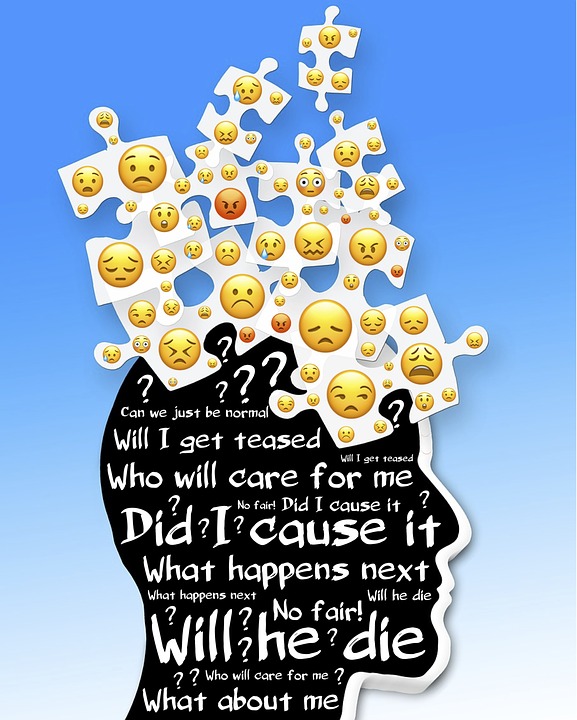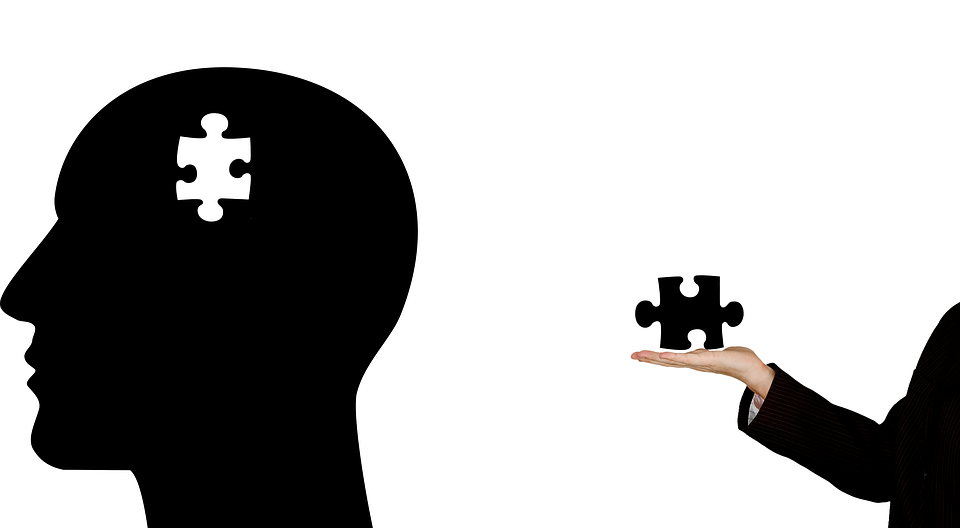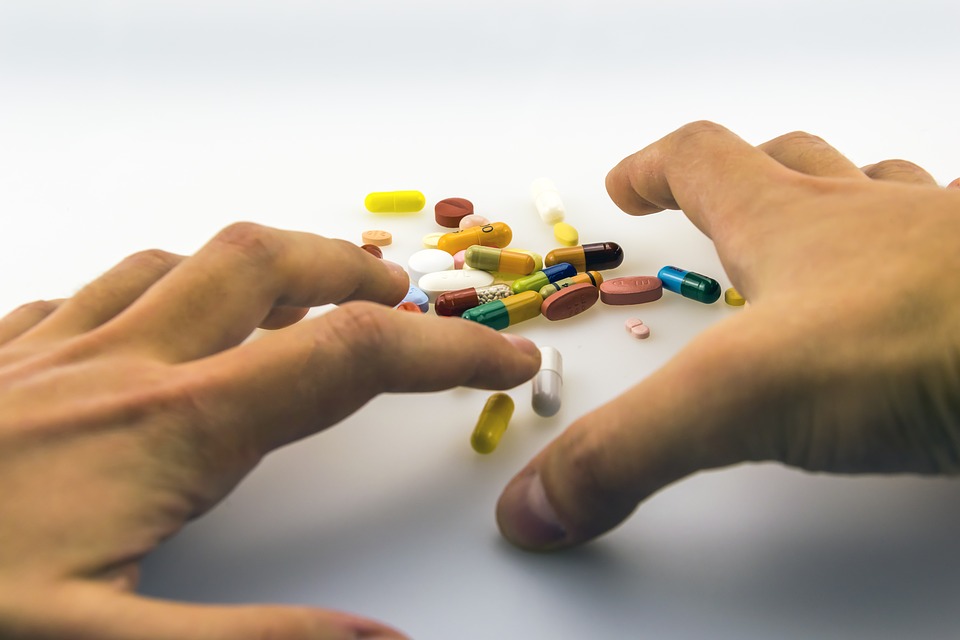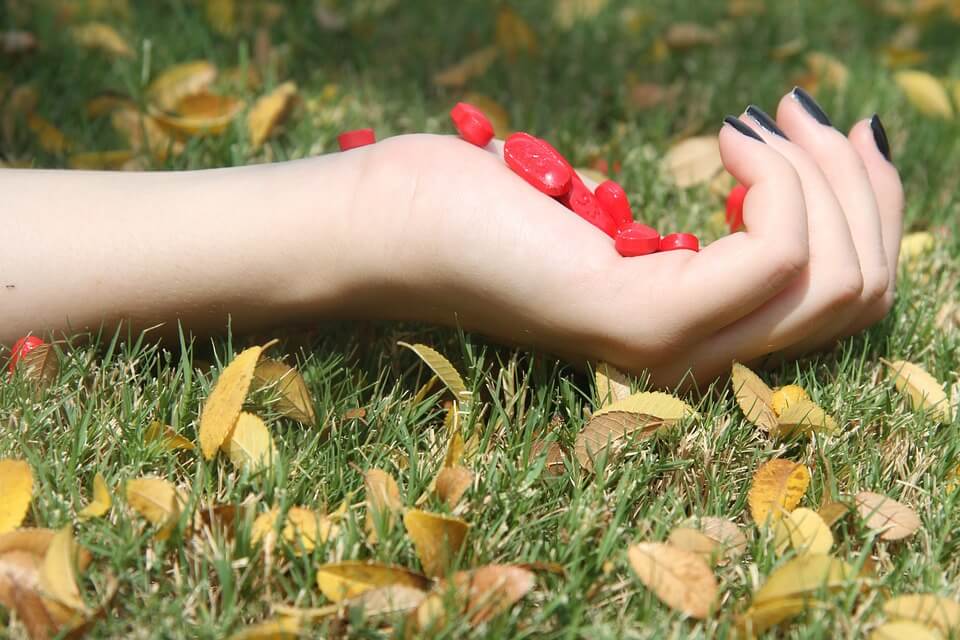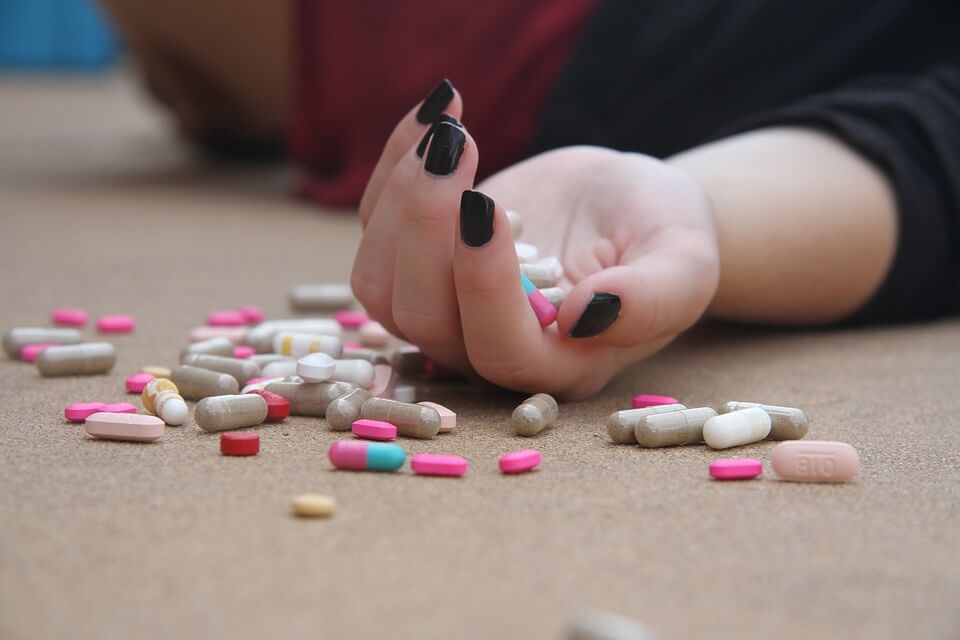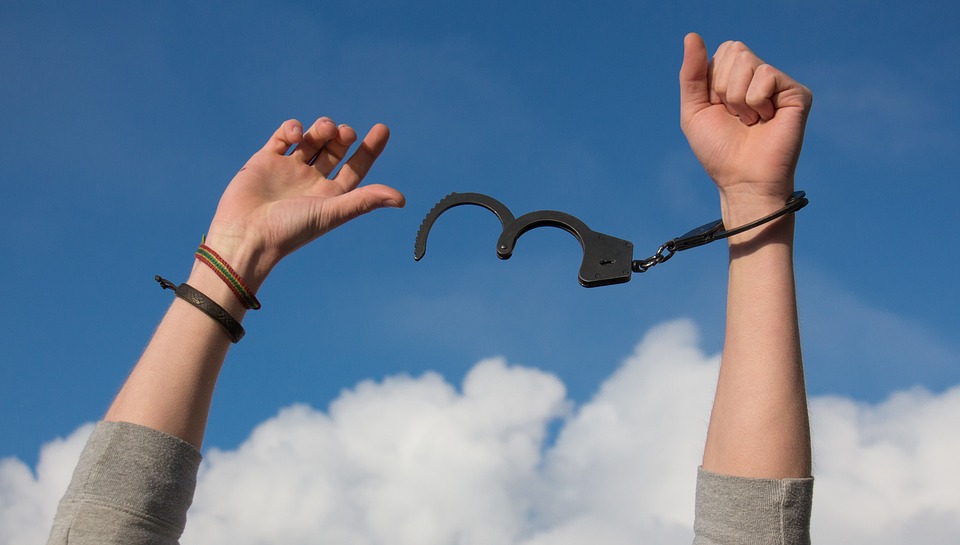Anxiety And Depression
Causes Of Anxiety And Depression
The diagnosis of anxiety and depression seems to be on the rise and many who suffer from this psychological disarray are not finding the systemic causes of what, how and why this is occurring. Believe me, I go through these emotional cycles as well.
Of course it is worthy of noting that we all have a number of various trial and tribulations that come in all different shapes and sizes in scope and our ability and the manner in which we cope with this varies from person to person.
So lets take each others hand and learn together how to better understand the whats, hows and whys to solving this puzzle and move on to some solutions.
Gastrointestinal heath:
Many of us are familiar with an element in the brain known as serotonin (also called the happy chemical). This chemical has plays a huge role in regulating mood. What many don’t realize (and I was one them until now) is that 90% of serotonin is is produced in the Gastrointestinal (GI) tract. If you are having digestive issues, that could give you give you a significant clue as the GI tract has a large bearing on serotonin production. read more here
Update 12/24/18: Addiction and Overuse of Prescription Drugs:
Drugrehab.com has presented data from the CDC showing some eye opening evidence in reference to the overuse of prescription drug medications.
In 2014 there were more Americans that died from prescription drug overdoses than any of the previous years. There are a great many prescription drugs that are being abused. Two of them are opioids and central nervous system (CNS) depressants, which are the most widely abused in that class.
Here is a very interesting statistic: the amount of pain reported from Americans from 1999 to 2014 stayed stable, however there was a fourfold increase in prescription opiod related deaths during that span.
For more perspective on this growing epidemic read here
Anti- Depressant/Anxiety Medications:
 Image by Brian D’Cruz Hypno Plus
Image by Brian D’Cruz Hypno Plus
As with any health disorder, when it comes to anxiety and depression it all too common for many to settle on the conventional remedy as the solution. They will go see their doctor or psychiatrist and he will have the answer to their problem in the form of a pill. The most commonly prescribed are antidepressants. Of those, SSRI (selective serotonin reuptake inhibitors) and SSNI (selective serotonin & norepinephrine reuptake inhibitors) are the variety most frequently endorsed by conventional doctors.
I would submit that, the main problem with going to your doctor or psychiatrist (at least in most cases) is, that they are trained by the pharmaceutical companies to prescribe these antdepressant/anti-psychotic/bi-polar (happy pills if you will) and not so much on fixing the root of the problem. In the US there has been a 400% escalation in the use of antidepressants since 1988. That brings the statistic up to 1 out of 10 Americans at this point. read more here
How do antidepressants work?
In the case of SSRIs in particular, the effects are driven by the body rejecting them and (specifically the brain) re-adjusting in response to those effects. These disruptive energy processes caused by the particular SSRI drug forces the brain to work harder to restore stability. So this extracellular or external activity disrupts homeostasis – the ability of the body or a cell to seek and maintain a condition of equilibrium or stability within its internal environment when dealing with external changes. source
Suicide and other adverse reactions:
In a study conducted by Swedish researchers, they looked at data within a time span where the percentage in the usage of antidepressants in young women had risen steadily from 1.4% to 5%. During this time frame approximately 500 of these young women committed suicide. Because of the analysis of topological postmortems performed, researchers wee able to determine if these women were on antidepressants at the time they decided to end their lives.
52% of these young women committed suicide within a year of being prescribed antidepressants. Overall, 41% of these women who ended their lives were under the influence of antidepressants when they did so. It’s important to note that those who have abruptly stopped “cold turkey” from taking these drugs have had emotional trauma that has led to suicide as well. So those horror stories are out there as well as acts of violence such as school shootings, domestic violence ect…. source: Kelly Brogan MD, ABIHM. Get her books and read reviews here and here
.
Psychiatric drugs (and other medications) in the municiple/tap water:
That’s right. Many of us, (especially in major cities) are being medicated through the municipal water system. This means that every time you go to get glass of water from the tap, water your garden and (this is the worst one due to the fact you are absorbing it through your skin and lungs) take a shower, you are eating, drinking and ingesting trace amounts of these drugs. There have been reports for some time now about the deformities in fish and amphibious life in our oceans, rivers and lakes.
So what it comes down to is, that in these major cities (and I suspect even some smaller municipalities) many of us are essentially drinking and (or) otherwise ingesting someone else’s urine polluted with these chemicals along with all the other impurities. Although these may be only small trace amounts, it’s important to remember that many of us drink and shower in this water day in and day out for several years. That should be at least enough to raise an eyebrow. source
Ok. Enough with the gloom and doom. Let’s get on with looking at some solutions…..
Tips On How to Reduce, Stop And Control Anxiety And Depression Naturally
Healing your gut and restoring a healthy connection between the gut and the brain:
As mentioned above the gut-brain connection has a lot to do with anxiety and depression. Since gut imbalances such as, inflammation, irritable bowel syndrome, leaky gut, and other digestive issues affect mood, feeling of anxiety and depression, that would be as good a place as any to start. My post on “FIRING UP THE FURNACE! Hydrochloric Acid Deficiency and its Roll for the Digestion of Protein” has much more perspective and tips on how to fix gut related/digestive problems. Bio-gest (digestive hydrochloric acid supplement): read reviews and get it here
Nutrients: foods and supplements to help with gastrointestinal health and neurotransmission:
Supplementation:
- tryptophan read reviews and get it here
- glutamine read reviews and get it here
- zinc
- copper
- iron
- magnesium
- B vitamins read reviews and get here
Dietary foods:
- beans
- leafy greens
- broccoli
- fish
- poultry
Herbs
- gingko biloba
- ginseng
- peppermint
- rosemary
Update 03/09/20: Turmeric as a remedy for anxiety and depression:
I was sent this article and found some very compelling information that I am very glad to have sent my way. There is some very interesting data in this piece as to what turmeric (and it’s active ingredient curcumin) can do for anxiety and depression as well as many other ailments. Read more here: Turmeric for Depression & Anxiety: Is Curcumin a Good Antidepressant?
Update 02/28/21: DNA testing to better ascertain if you have genetics correlative to addiction
There is a lot of data out there in regards to how genetics can be a factor in better understanding the full extent of an addiction and what you, as an individual, may want to be aware of to address that addiction. I was privy to some information sent to me recently, in offering some options if you are interested undertaking a dna test for further perspective into what could be an important causal factor contributing to an addiction or a higher threat thereof. Read more here and here
Tips on how to get off anti-depressants:
Now, this is a bit of a sensitive subject to explore in regards to the pros and cons, due to so many variables from person to person. For example: what kind of anti-depressant are you getting off of, how long have have you been taking it and how much? Also, how severe is you’re anxiety/depression symptoms ect…? From all the research I have seen, heard and read over the years the worst thing you can do is to stop cold turkey as the symptoms can be worse than being on the particular drug to begin with. Like anything else, there are probably exceptions to those who have muddled through the withdrawal symptoms as a cocaine or heroin addict would and 6 to 12 month later they got through it and are now drug free.
What seems to be the most effective method from from all my research is to slowly, and I DO MEAN SLOWLY, ween yourself off these drugs cutting back an average of 25mg at a time (maybe in weekly or monthly increments). Again this depends on many factors.
This is one former Paxil user’s experience and her 6 step plan to get off the drug:
I do not feel it is my place to give advise in addressing anxiety or depression in any way, shape or manner, except one however: I would suggest that when it comes to antidepressants, and getting off them I would HIGHLY implore you to keep your doctor informed that you are interested in getting off any of these drugs and consult with him/her on this decision before you proceed forward.
